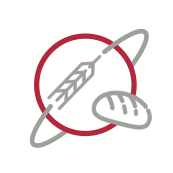Recycling and use of resources
by UHasselt x SCK CEN
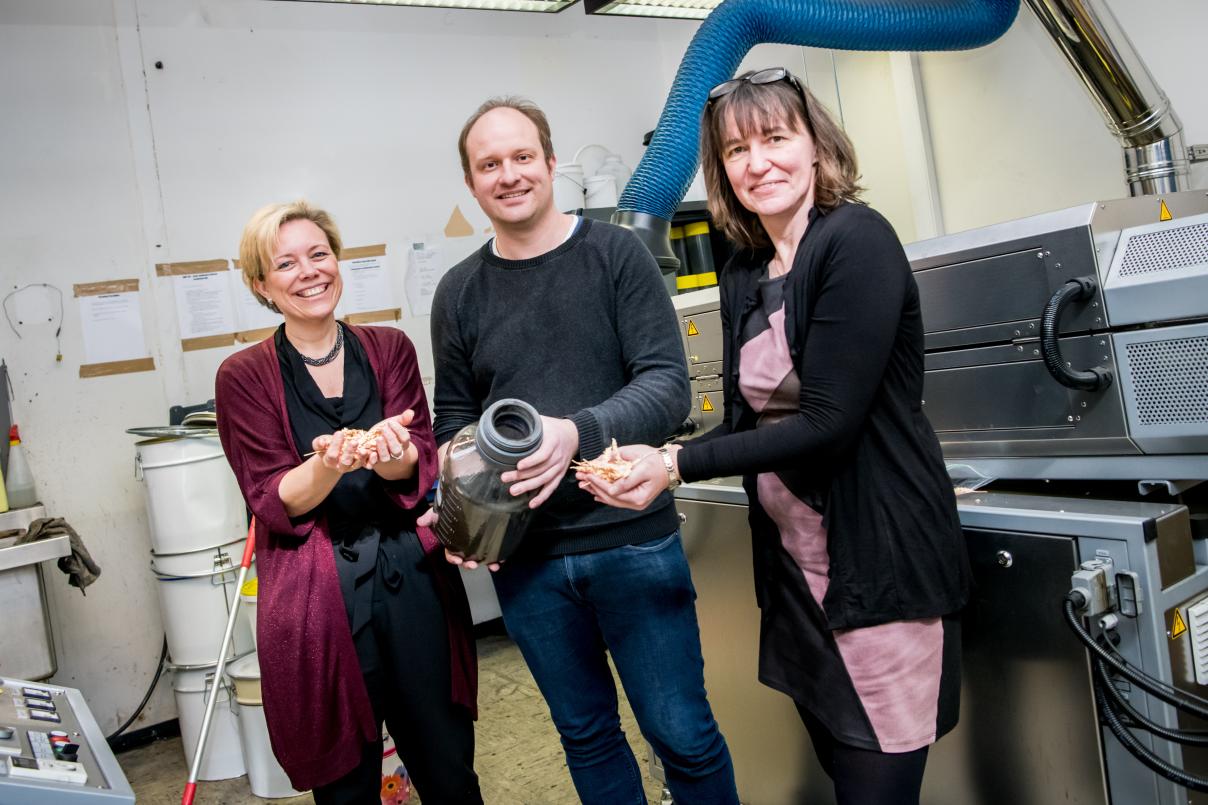
To succeed in growing plants in closed systems on Mars, it is essential to optimize the use of nutrients and recycle waste streams as much as possible.
Addition of biochar
From the wheat residual biomass, Hasselt University will make biochar that can be used as an additive for growing substrates. This allows the project consortium to further optimize the yield of wheat plants, while efficiently using all available resources, including waste.
Addition of microorganisms
Microbes play a crucial role in the mineral uptake and growth pattern of wheat. SCK CEN will explore possible combinations of microbes that can efficiently leach beneficial nutrients from biochar and martian-like substrate (i.e. basalt) to enhance the plant yield and quality.
Approach
-
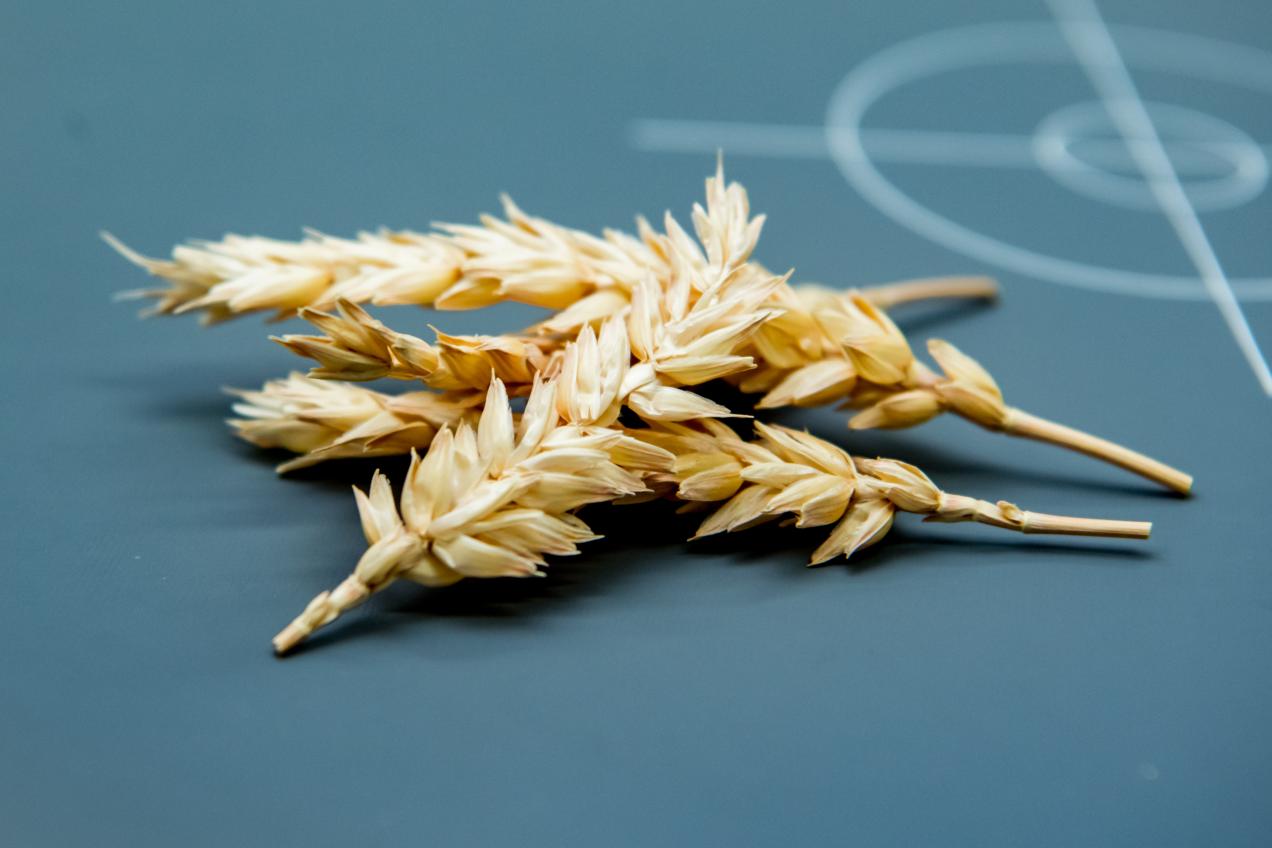
Task 1 - Biochar production from wheat residues
The pyrolysis process is very variable due to multiple parameters. Different techniques, pyrolysis temperatures and used input materials will affect the produced biochar. In the first part of the approach, the production of biochar from wheat residues (straw and chaff) will be investigated.
-
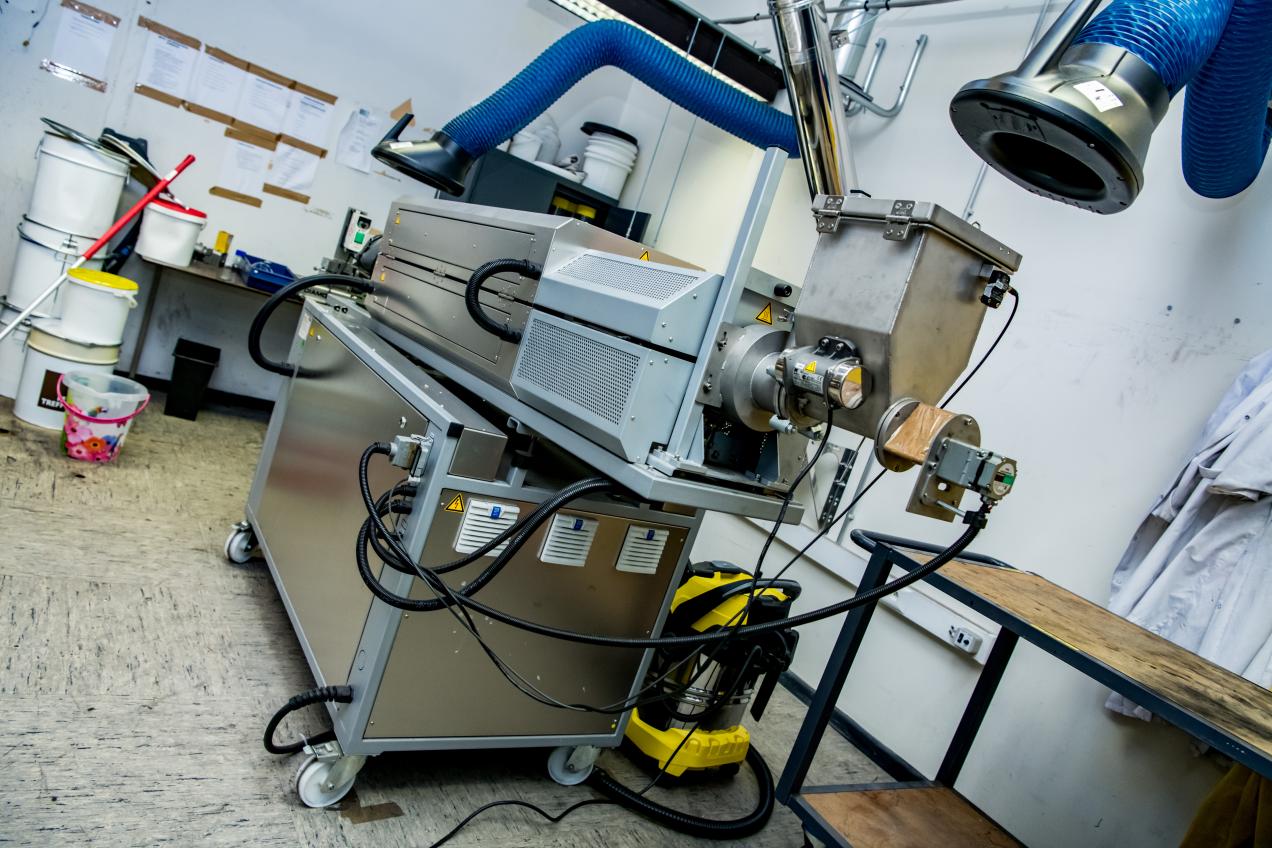
Task 2 - Biochar evaluation and characterization
A fast biological screening has been developed to quickly asses plant development when exposed to the produced biochars. Using this screening, optimal biochar production parameters can be determined. To better understand the effects of biochar on plant development, a full physicochemical analysis will be performed on biochar.
-
Task 3 - Crop production using biochar
Lastly, yet most importantly, the implementation of biochar in plant cultivation systems will be investigated. Different cultivation set-ups require specific ways of implementing biochar. In addition, SCK CEN will investigate the integrative use of biochar and microorganisms in wheat cultivation systems. In this way, waste will be recycled, and the use of nutrients will be optimized.
Absolutely flabbergasted by the term ‘biochar’?
you could, over time, reverse the history of the last two hundred years.
Meet the UHasselts expert team
-
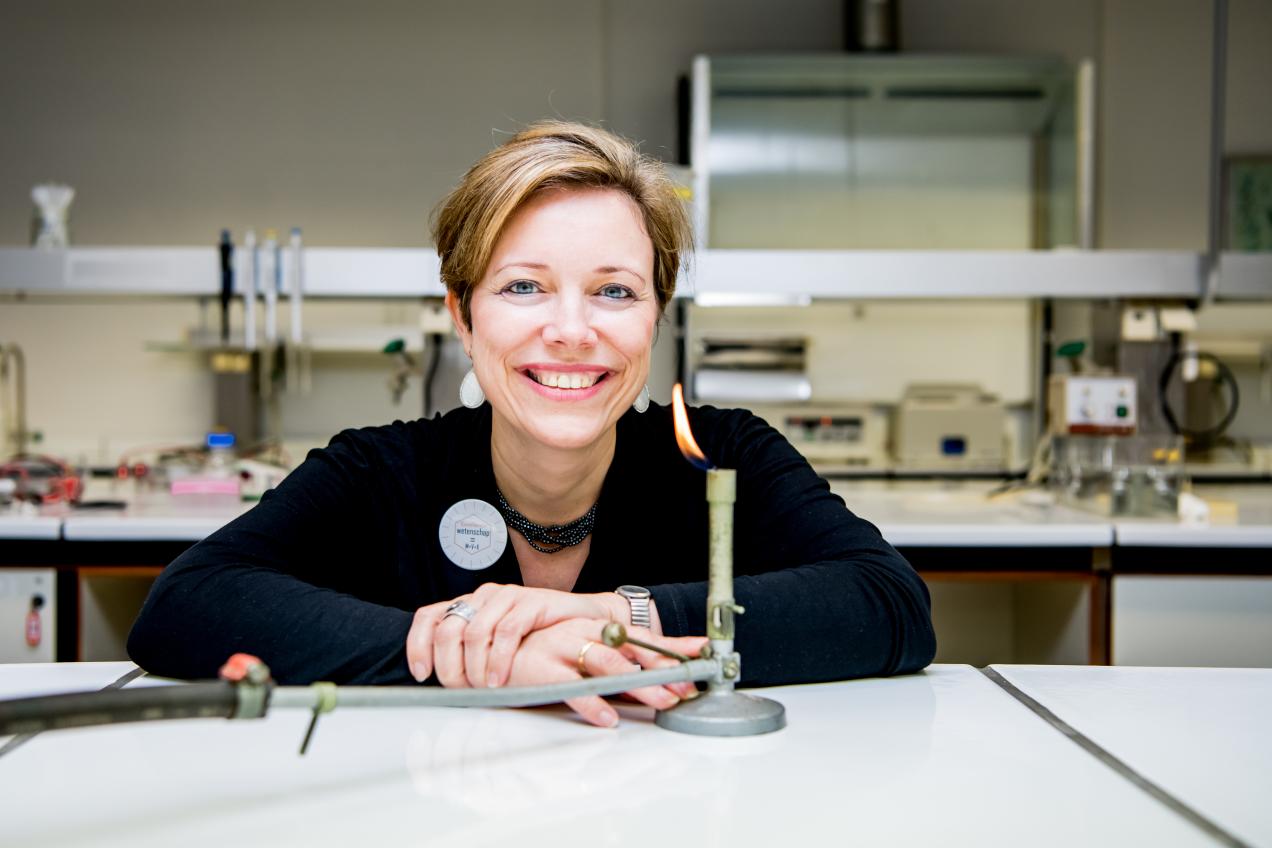
Professor Ann Cuypers
Professor Biology
Professor Cuypers leads the Environmental Biology’s research line on plant abiotic stress responses with a focus on oxidative stress in metal-exposed plants (PhD, Marie Curie postdoc IACR-Rothamsted, UK).
From the fundamental research, a multidisciplinary applied research line within the circular economy framework using biochar as soil amendment to improve crop production and quality was initiated in 2017.
She has multiple (inter)national collaborations. She is nominated as a member of AcademiaNet and a representative of the Belgian Nuclear Society for the High Scientific Council of the European Nuclear Society. She is president-elect of the ‘Plant Oxygen Group’ as part of the SFRR-Europe.
-
Professor Dries Vandamme
Assistant Professor Chemistry
Professor Vandamme coordinates the research group of Analytical and Circular Chemistry. His research activities are centered around chemical innovations related to sustainable materials and processes that contribute to a circular economy with a particular focus on (residual) biomass separation and conversion of microalgae.
He obtained his PhD in Bioscience Engineering (KULeuven) on the processing of microalgae biomass as a novel source for biofuels. He worked as postdoc at the National Renewable Energy Laboratory (USA) and at the Global Water Research Centre at the University of New South Wales (Australia).
He participates in several (inter)national research conferences and expert groups, and he is a member of the editorial board for the Journal of Applied Phycology.
-
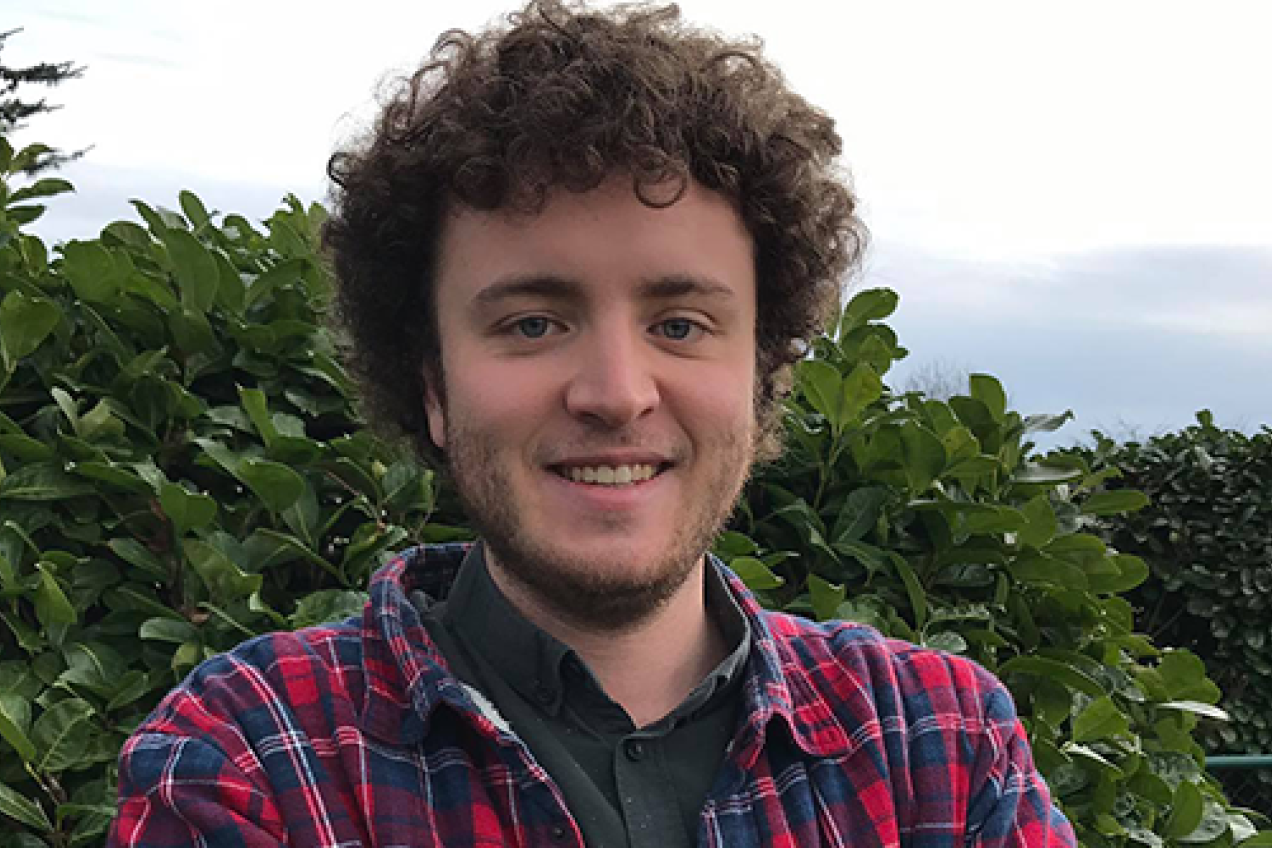
Kris Kunnen
PhD student Environmental Biology
Due to the SpaceBakery project, Kris gets to combine his two main interests in science: plant biology and analytical chemistry. Additionally, he is fascinated by urban and sustainable agriculture, so he is extremely excited to be part of this project. Don't hesitate to contact him for a fruitful discussion, some book recommendations or just a chat.
